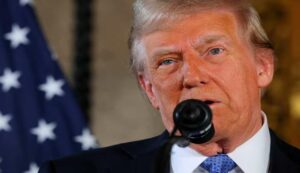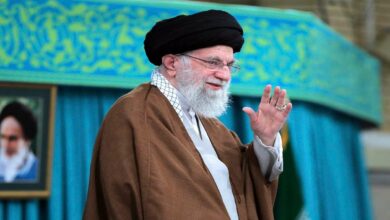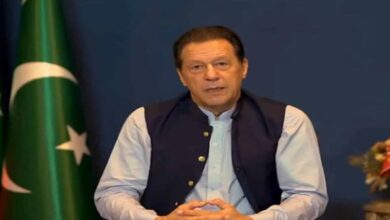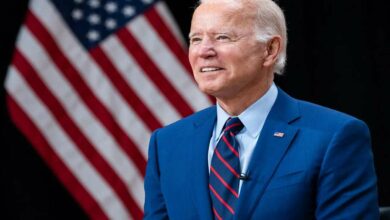Donald Trump calls Taiwan a “huge issue for world peace” during meeting with widow Akie Abe
Florida: According to the Taipei Times, US President-elect Donald Trump met with Akie Abe, the widow of the late Japanese Prime Minister Shinzo Abe, and described Taiwan as “a major issue for world peace.” The two spoke about a range of international topics, including the current Russo-Ukrainian conflict and tensions in the Taiwan Strait, during their December 15 meeting at the Mar-a-Lago estate in Florida.

Trump’s remarks on Taiwan’s significance brought to light the gravity of the possible war between China and Taiwan as well as its wider ramifications for international peace. This demonstrates his administration’s position that resolving the Taiwan issue should be a top priority.
Takeshi Iwaya, the Japanese Minister of Foreign Affairs, said, “We want to create an opportunity to exchange opinions as soon as possible and at a mutually convenient time,” in reference to potential diplomatic interactions between Japanese officials and Trump.
Trump also brought a picture album with the word “peace” printed inside, which Akie Abe then handed to Japanese Prime Minister Shigeru Ishiba during the meeting. Despite the fact that Trump and Ishiba have not yet met, Japanese media said that Ishiba would go to the US the month before Trump’s inauguration in order to explore topics of shared interest, according to Taipei Times.
This suggests that once the next government takes office, Taiwan and associated security issues may play a significant role in the US-Japan agenda.
In related news, US-Taiwan Business Council (USTBC) President Rupert Hammond-Chambers offered his thoughts on the recent US weaponry sale to Taiwan. The United States authorized the sale of military equipment for USD 265 million, including 309 Joint Tactical Radio Systems Variant 5 Multifunctional Information Distribution Systems.
The agreement also includes support for the integration of these technologies into F-16 Block 20 aircraft and Taiwan’s Patriot and other missile defense systems.
According to Taipei Times, this is the 19th weapons transfer to Taiwan that the Biden administration has authorized and is a component of the US’s larger plan to assist its partners and friends, including Israel and Ukraine.
Although the flow of weaponry assistance offers political and financial advantages, Hammond-Chambers said it is still a limited reaction to the entire scope of the danger presented by China’s expanding military might. “While the constant flow of support has material and political benefits, it has, regrettably, been overly narrow in response to the totality of the threat posed by China’s military forces,” he said.
In the future, Taiwan President Lai Ching-te is probably going to be aggressive in requesting further security support, according to Hammond-Chambers. “Lai will likely present the incoming Trump administration with an ambitious agenda, including increased spending, requests to purchase new platforms and systems, and expanding resources available for the Coast Guard sustainment and training,” he said.
This implies that as long as regional tensions exist, Taiwan will keep pushing for improved defense capabilities.





